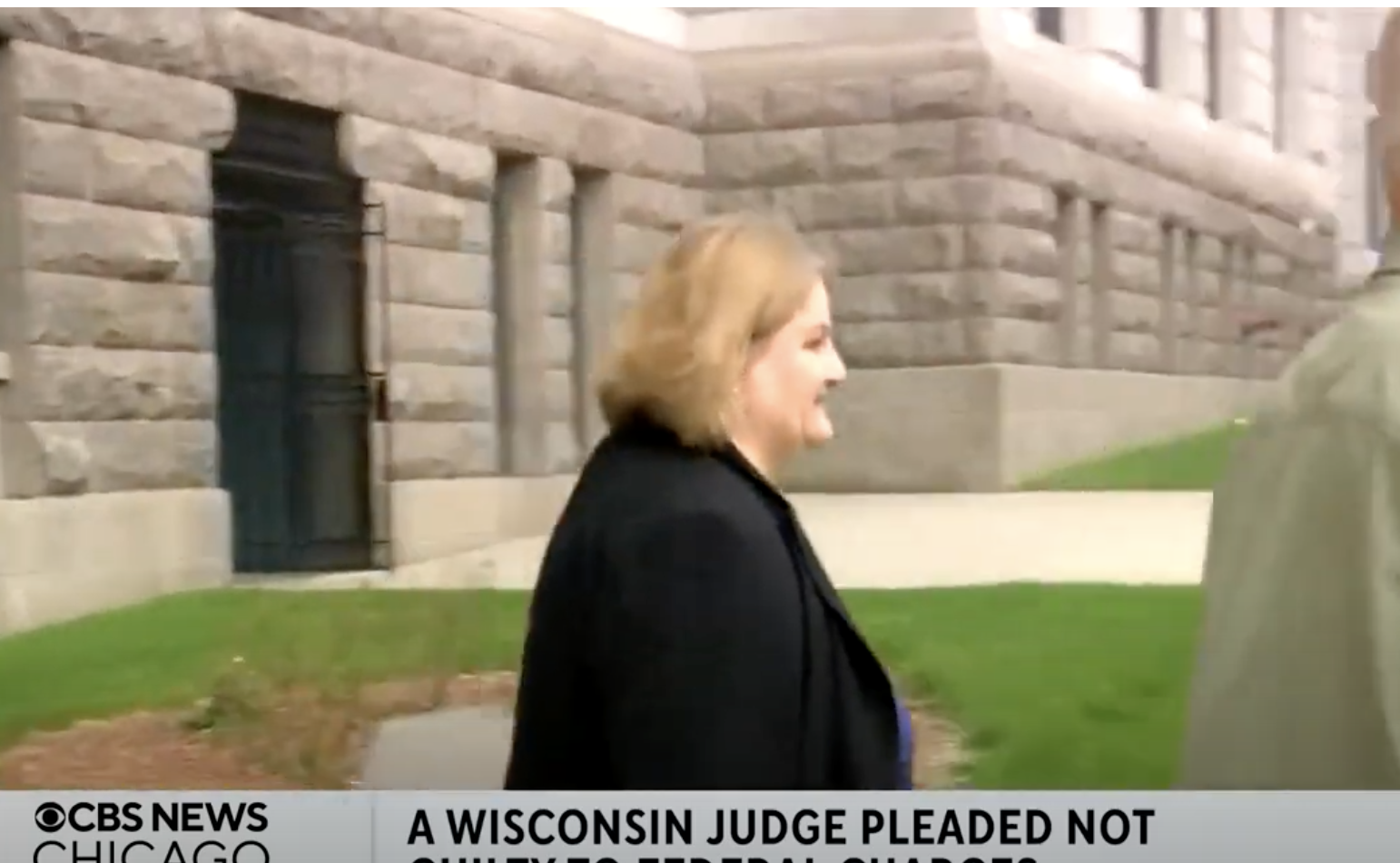The University of Connecticut’s School of Medicine is facing a federal civil rights complaint regarding its Visiting Externship for Students Underrepresented in Medicine (VESUM) program. The complaint, filed by the organization Do No Harm (DNH), alleges that the program discriminates against white and Asian students by prioritizing applicants from specific racial and ethnic backgrounds.
DNH submitted the complaint to the U.S. Department of Education on Wednesday, arguing that VESUM violates Title VI of the Civil Rights Act and a Supreme Court ruling that ended racialized admissions practices. The organization claims that the program’s focus on creating a pipeline for students of color effectively excludes qualified candidates based on their race.
Dr. Stanley Goldfarb, chairman of DNH, stated, “By marketing the externship as a ‘pipeline for students of color,’ UConn’s School of Medicine isn’t even trying to hide its racially discriminatory behavior. The program is a clear violation of federal law and strips qualified candidates of opportunities to progress in the medical field.”
The VESUM program offers a $1,500 stipend for third-year medical students from underrepresented groups who attend eligible universities. It aims to increase the number of students from these groups in various medical specialties, including anesthesiology and pediatrics. However, DNH contends that the program’s criteria effectively exclude white and Asian applicants unless they also identify as LGBTQ, disabled, or low-income.
The complaint highlights that UConn’s definition of underrepresented groups includes Native Americans, African Americans, Hispanics/Latinx, and others, but does not recognize white and Asian students as underrepresented. This, according to DNH, constitutes a discriminatory practice that undermines merit-based opportunities.
The complaint also points to language in the program’s application process that it claims is designed to bypass legal restrictions on racial considerations. For example, the application includes an essay prompt asking candidates to describe how their background as underrepresented in medicine makes them competitive for residency programs.
“Illegal DEI programs like UConn’s externship program not only violate the text and spirit of our longstanding federal civil rights laws, but they also undermine our national unity,” the complaint states. “At a minimum, UConn disfavors white and Asian applicants.”
Supporters of the VESUM program argue that initiatives aimed at increasing diversity in medical fields are essential to addressing historical disparities in healthcare. They contend that programs like VESUM are necessary to create a more equitable system that reflects the diversity of the patient population.
UConn’s School of Medicine has not publicly responded to the complaint. The program is prominently featured on the university’s “Embracing Diversity, Equity, and Inclusion” webpage, which outlines its commitment to maintaining a diverse residency program and workforce.
As the complaint moves forward, it raises questions about the balance between promoting diversity and ensuring equal opportunities for all students, regardless of race. The outcome could have implications for similar programs across the country.
READ Trump Administration Seeks Supreme Court Relief in USAID Funding Dispute



